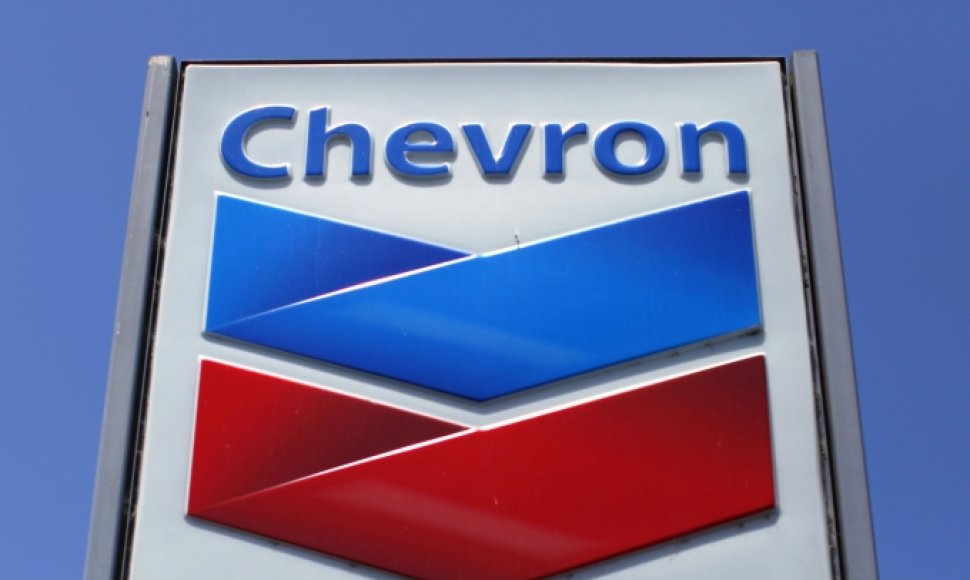Amendments to the Underground Law were passed with 74 votes for, 12 against, and 23 abstentions.
In addition, the Seimas passed legislative amendments making it mandatory to carry out an environmental impact assessment (EIA) where exploration and/or extraction involves hydraulic fracturing.
Algimantas Salamakinas, chairman of the parliamentary Committee on Environmental Protection, told reporters after the vote that the legislature had envisaged enough safeguards to ensure “as low impact on the environment, as low pollution of the waters as possible” during shale gas exploration or extraction.
“We have banned the injection of any chemicals into wells since a US court has prohibited to disclose the composition of that chemical. Therefore, we stated in the law that our laboratory will have to run a check before any injection and if any such material is toxic, its injection would be prohibited,” he said.
Rima Baškienė of the mixed parliamentary group said that she hoped that the president would not sign the amendments.
The amendments, in particular those pertaining to waste management, sparked heated discussions in parliament.
Social Democratic Artūras Skardžius, deputy chairman of parliamentary Committee on Economics, stated, for example, that the amendments would lead “to chemical pollution of the underground”. Aurelija Stancikienė, a member of the Committee on Environmental Protection, slammed the amendments as “treason”.
Politicians have agreed that the deal with Chevron, which has won an international tender for the exploration of shale gas in Šilutė-Tauragė field in Western Lithuania, will be signed once the Seimas passes relevant legislative amendments.












